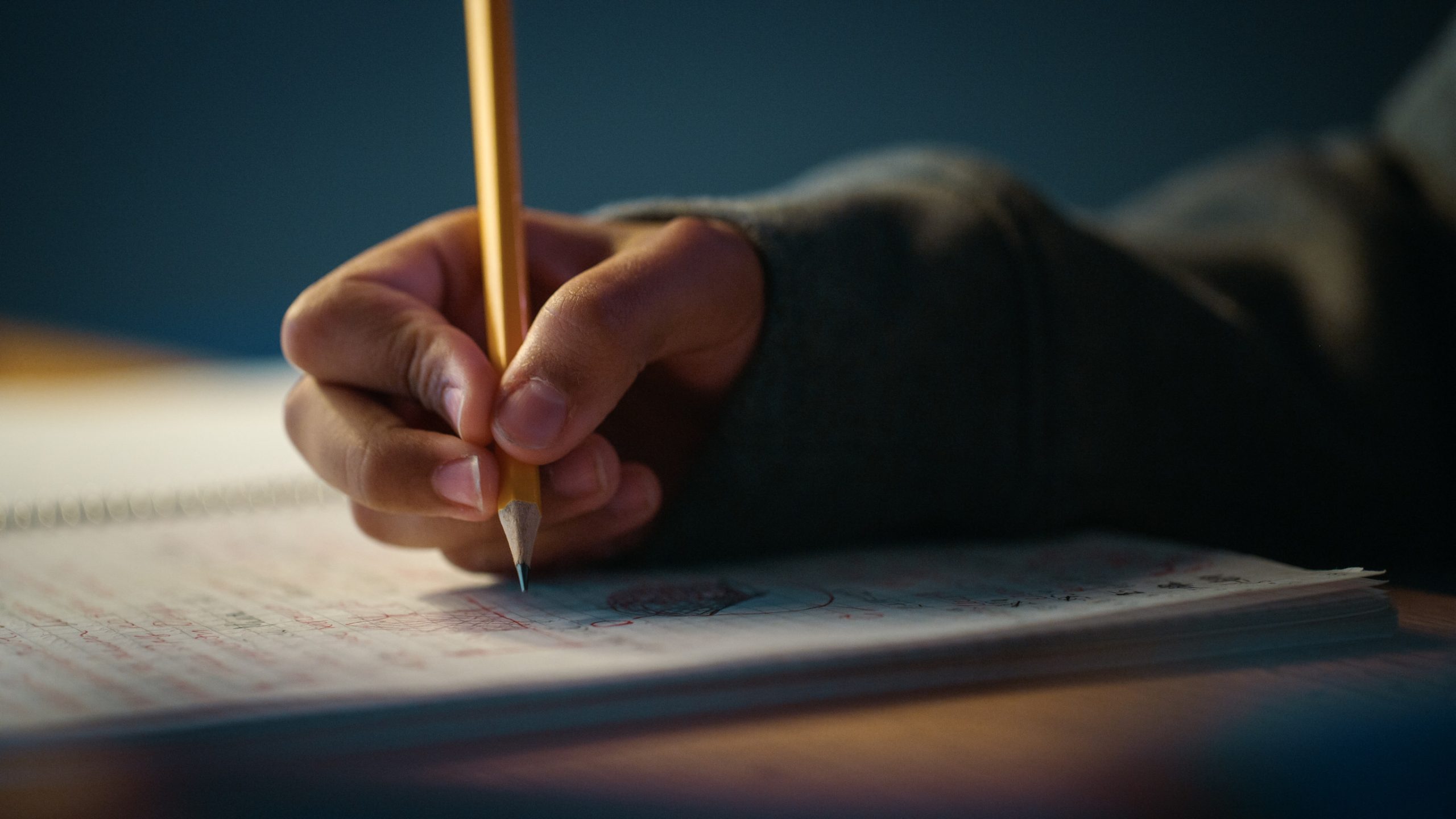According to one study, only eight percent of people maintain their New Year’s resolutions for the whole year. That’s a rather unimpressive success rate, which is why during the past few years, researchers have been studying the best techniques for forming daily habits.
Out of the 23 techniques, one outshone the rest when it comes to maintaining habits. That technique is known as Habit Reflection, and it could just help you succeed in making your new habit stick. Here are the three simple steps of Habit Reflection.
First step
Pick a past situation where you were able to successfully change your long-term behavior or create a new habit.
Second step
Write down anything you learned from this past situation about how to successfully form new habits or any tactics you used to help make this change that could apply to your new habit.
Third step
Create a brief written plan for applying those lessons to your new habit. This fast and simple method helped participants to practice their habits 0.7 more times per week on average than others—a 140% improvement over the second-most-effective technique. Plus, those who used the Habit Reflection technique reported more satisfaction with their progress toward their habit-forming goals than any other group in the study.











